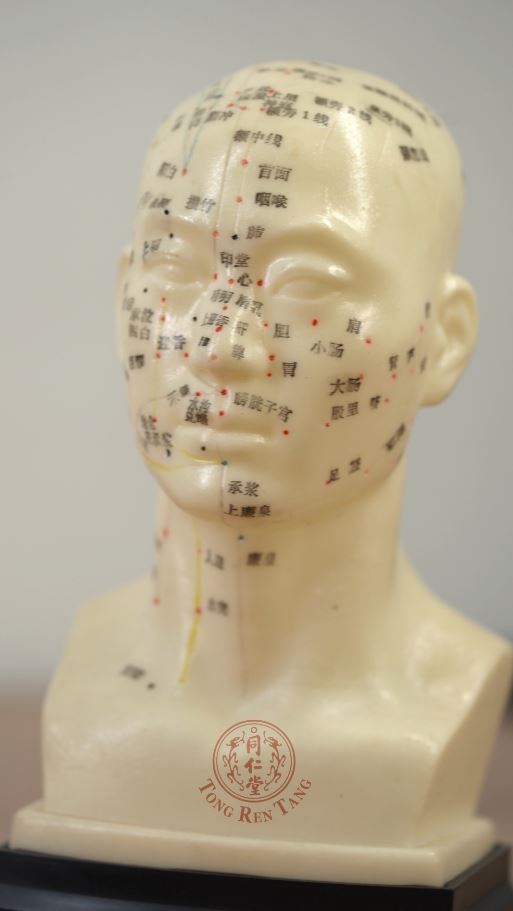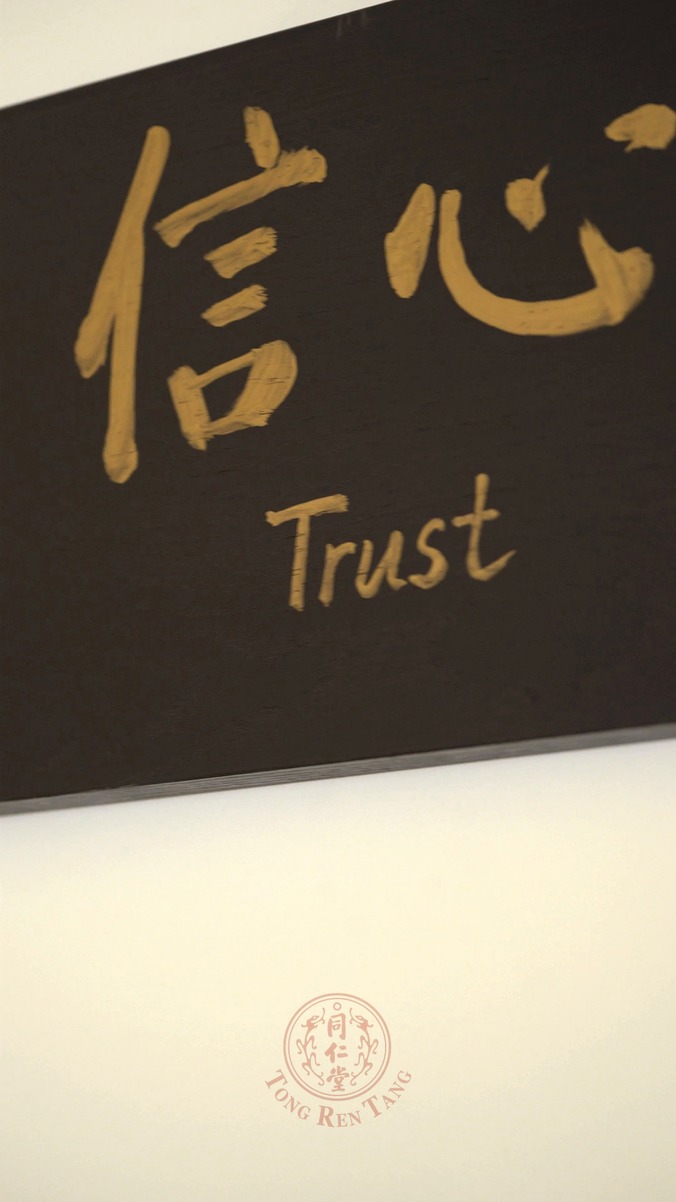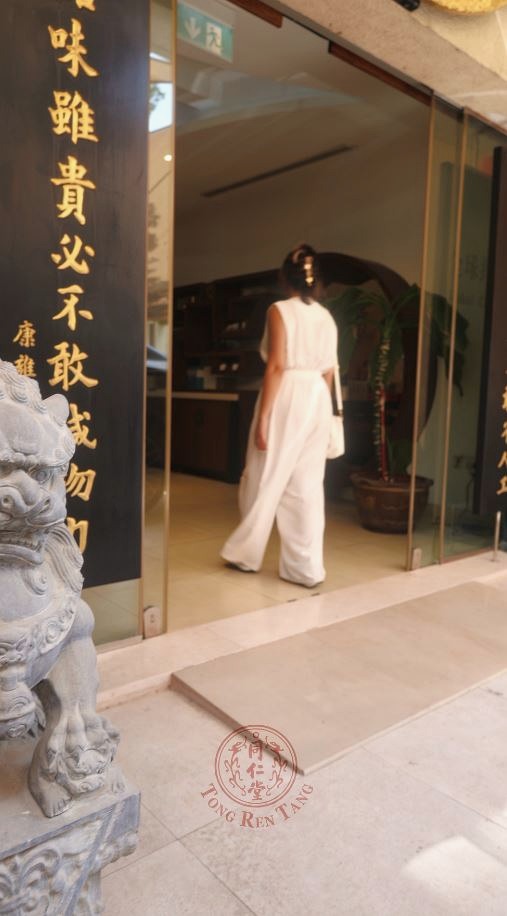Understanding Dampness and Its Effects on Health
TCM, or Traditional Chinese Medicine, identifies “dampness” as a significant factor affecting health, particularly in humid climates like the Gulf Coast. This concept refers to an excess of moisture in the body, which can lead to various health issues, especially related to joints and muscles. The high humidity levels prevalent in this region can exacerbate these conditions, making it essential to recognize the signs and symptoms associated with dampness. When dampness accumulates, it may manifest as swelling, heaviness, and a general feeling of fatigue. People may experience joint pain that seems to worsen in humid weather, often described as a deep ache or stiffness. These symptoms can significantly impact daily activities and overall quality of life, necessitating effective treatment options. In TCM, dampness is often considered an external pathogen that invades the body, leading to blockages in the flow of Qi (vital energy) and blood. This stagnation can cause further complications, such as inflammation and chronic pain, particularly in the knees, elbows, and lower back. Addressing dampness through TCM can help restore balance and improve joint and muscle health.
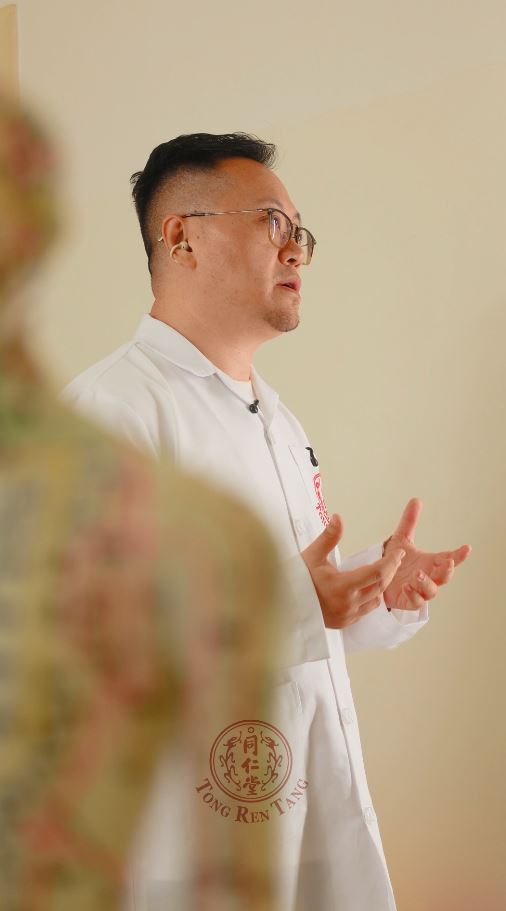
TCM Approaches to Combatting Dampness
Acupuncture is one of the primary methods used in TCM to combat dampness. By targeting specific meridian points, practitioners can help to stimulate the flow of Qi and promote the body’s natural healing processes. This ancient technique not only alleviates pain but also helps to clear excess moisture from the body, improving overall circulation. Herbal medicine is another cornerstone of TCM in addressing dampness. Formulas containing ingredients such as ginger, cinnamon, and poria mushrooms are often prescribed to help dry dampness and strengthen the spleen, an organ believed to play a crucial role in fluid metabolism. These herbs work synergistically to reduce symptoms while enhancing the body’s resilience against environmental factors like humidity. Additionally, dietary adjustments play a vital role in managing dampness. TCM recommends consuming warming foods and avoiding cold or raw items that can exacerbate damp conditions. Incorporating spices like turmeric and black pepper can help invigorate the digestive system, thereby reducing the accumulation of dampness and promoting better joint and muscle health.
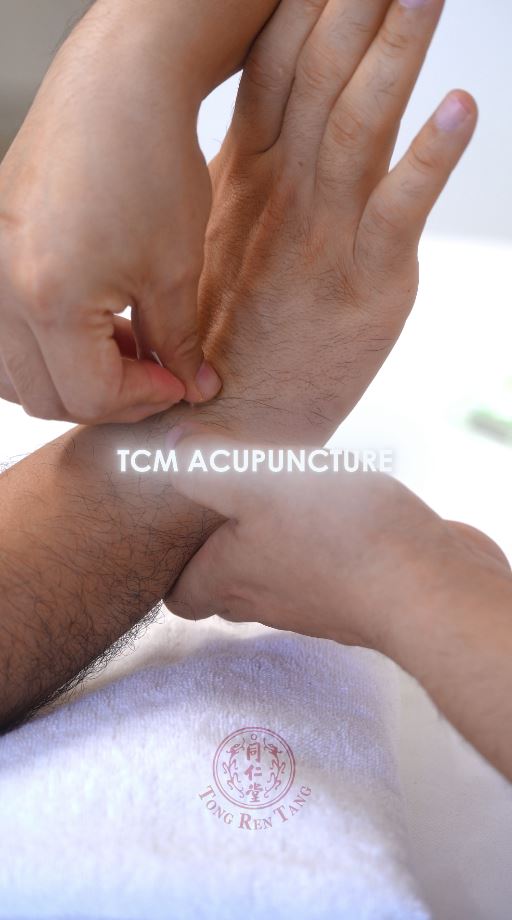
Lifestyle Changes to Support Joint and Muscle Health
Incorporating regular exercise can significantly benefit those struggling with dampness-related issues. Gentle activities such as tai chi or yoga not only enhance flexibility but also promote circulation, helping to dispel excess moisture from the body. It’s important to choose exercises that do not overly tax the joints, allowing for gradual improvement over time. Staying hydrated is also crucial, but individuals should focus on warm fluids rather than cold beverages. Herbal teas made from diuretic herbs can aid in flushing out excess dampness while providing necessary nutrients. This simple adjustment in fluid intake can make a noticeable difference for those dealing with joint and muscle discomfort. Finally, creating a comfortable living environment can help mitigate the effects of Gulf Coast humidity. Using dehumidifiers and ensuring proper ventilation can reduce indoor moisture levels, contributing to overall well-being. Small adjustments in daily habits can lead to significant improvements in how the body responds to humidity and dampness.

Ready to Regain Your Health Naturally?
At Beijing Tong Ren Tang Clinic in Dubai, our licensed TCM practitioners specialize in personalized care that treats the root cause of vertigo. Book your consultation today and take your first step toward lasting balance and relief. Visit us: www.trtgulf.com or call us at 800826

